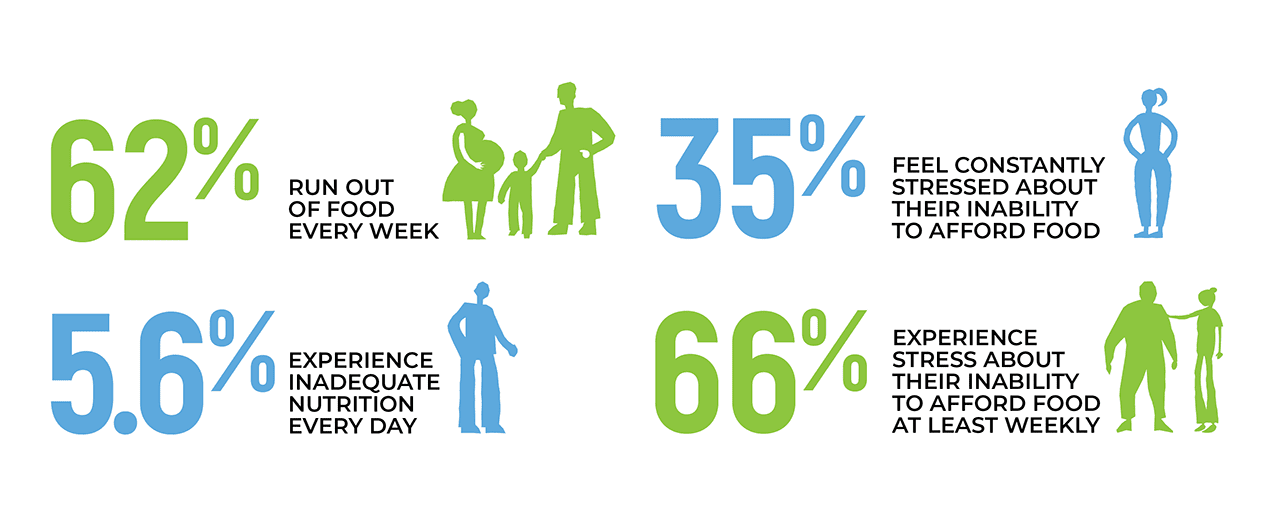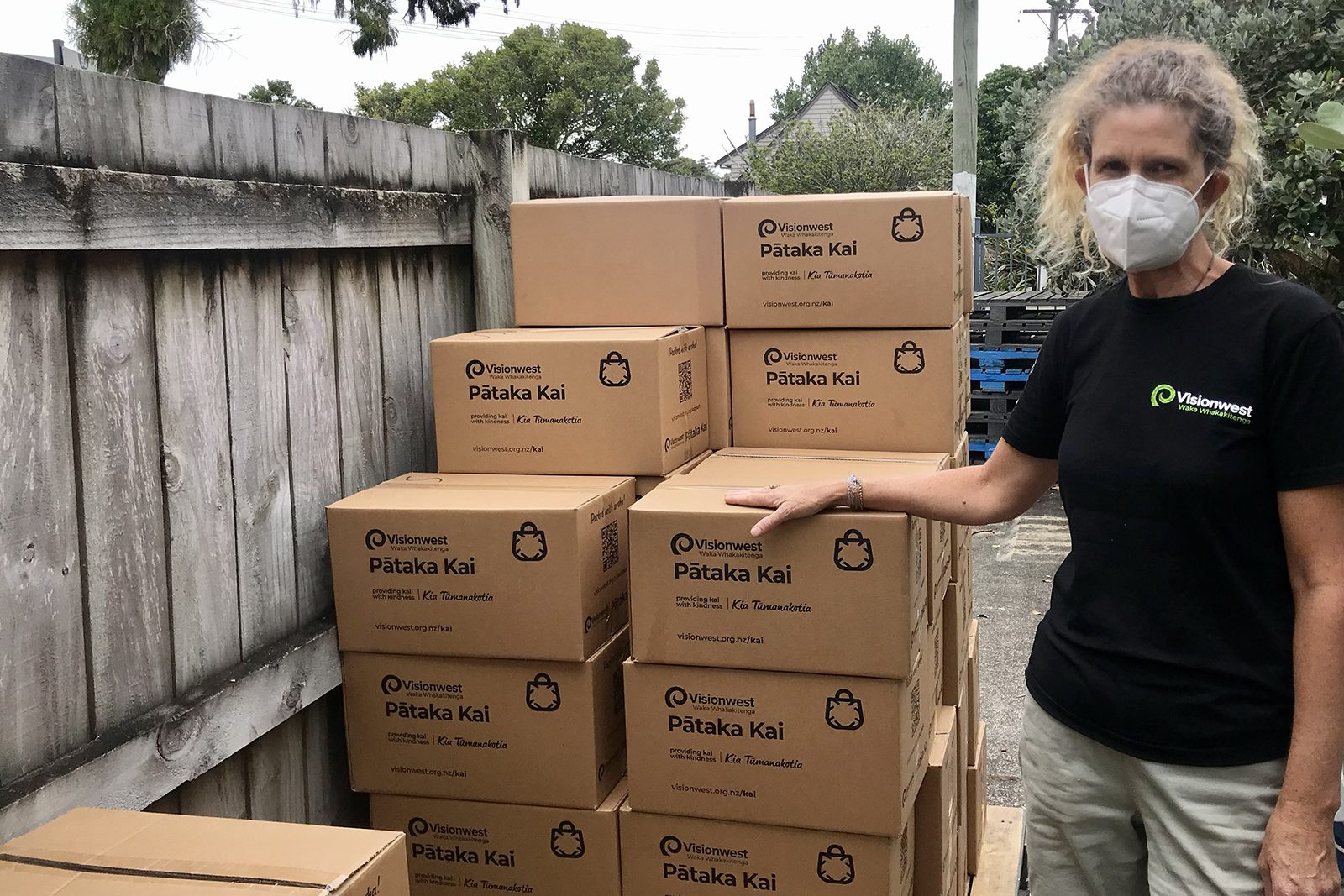Visionwest Waka Whakakitenga have released their latest community Impact Report. The One Hundred Whānau Food and Financial Hardship Report is based on the findings of an in-depth survey and interviews of 100 randomly selected Visionwest clients, plus interviews with key frontline staff.

One Hundred Visionwest Whanau were interviewed about their access to food and finance.
The findings are significant in light of the financial challenges facing many New Zealanders right now. Of note, the report highlights:
Financial challenges
Financial challenges are not limited to Covid times. As Aotearoa New Zealand adjusts post-pandemic life, many people are still struggling. While this is, in part, the result of the loss of employment or income directly related to Covid, many whānau who weathered the Covid storm are now finding themselves struggling due to the rapidly soaring cost of living.
Mental and physical health issues
The obvious struggles faced by so many are food insecurity and lack of finance. There are, however, serious ramifications to these issues. Stress, mental health, and physical health issues are reported by many. These are matters which are likely to have long-lasting and costly effects within the lives of individuals and their wider communities.
Speaking of the mental health issues related to poverty, Debbie Griffiths, Visionwest Community Connector Team Leader, says, “We are seeing an increase in stress and anxiety within whānau and individuals caused by issues relating to the cost of living, shortfall in income, housing, and food insecurity. [This includes] physical health, whānau breakdown and disconnection, mental health and struggling to find purpose.” Lena, a survey respondent speaks of her own experience, “I actually came to a crisis point where I felt I couldn’t go on. It’s a bit better now: lunches at school and food parcels have helped enormously, and I have done a lot of work on myself, but it is still very hard.
A change in demographic
A significant aspect to the report is “The new poor.” Recent economic events have brought people, who have never before had to access a foodbank or other social services, to Visionwest. This creates new issues – these people grapple with shame, adjusting to living on a low income, and having to access a social service system they are completely unfamiliar with. The sad reality is that many of “the new poor” are in full time employment jobs but cannot keep up with the rising cost of food and rent.
Speaking of the financial challenges many people have found themselves in for the first time, Jo Wolferstan, Visionwest Money Mentor Team Leader, is quoted, “The range of clients we see is changing. More often they are people who have never had to reach out for support before. People lost their jobs in the pandemic – especially people in the trades and hospitality sectors – and they had nothing to fall back on.”
The Visionwest report is a reminder of the increasing number of people in communities throughout Aotearoa New Zealand who are being pushed into acute need and calls for the Government to increase the support for whānau in need. Read the full report.



